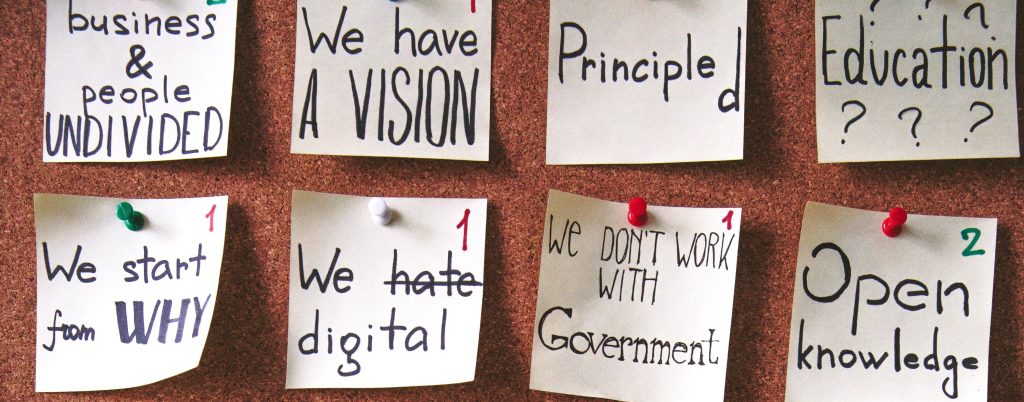Entrepreneur Ideas – Tech for Good

Tech for Good
Harnessing technology to address societal challenges is a
powerful entrepreneurial pursuit. Ideas like creating apps to combat
loneliness, developing affordable assistive technologies for people with
disabilities, or leveraging artificial intelligence for social good showcase
the potential of technology to make a positive impact on communities.
In an era where digital connectivity permeates every aspect
of our lives, the intersection of technology and social impact has become
increasingly pronounced. Online platforms and digital innovations are being
leveraged to address pressing societal and environmental challenges, paving the
way for a more sustainable future. From empowering communities to facilitating
environmental conservation, here are some notable examples of online tech for
good:
-
Crowdfunding
Platforms for Social Causes: Online crowdfunding platforms such as
Kickstarter, Indiegogo, and GoFundMe have democratized philanthropy by
enabling individuals and organizations to raise funds for social causes.
From supporting humanitarian aid projects to funding sustainable development
initiatives, these platforms provide a powerful tool for mobilizing
resources and rallying support for positive change. -
Digital
Volunteer Networks: Online platforms like VolunteerMatch and Idealist
connect volunteers with opportunities to contribute their time and skills
to various social and environmental causes. By leveraging the power of the
internet, these platforms make it easier for individuals to find volunteer
opportunities that align with their interests and expertise, thereby
fostering community engagement and social impact. -
Open-Source
Collaboration Platforms: Open-source collaboration platforms such as
GitHub and GitLab enable developers and technologists to collaborate on
projects aimed at addressing social and environmental challenges. By
sharing code, resources, and knowledge online, these platforms facilitate
collective problem-solving and innovation, leading to the development of
impactful solutions that can be freely accessed and adapted by communities
worldwide. -
Digital
Advocacy Campaigns: Online advocacy campaigns leverage social media
platforms, email newsletters, and digital petitions to raise awareness
about important social and environmental issues and mobilize public
support for policy change. From climate action to human rights advocacy,
these campaigns harness the power of online networks to amplify voices,
drive action, and effect positive change on a global scale. -
Online
Education Platforms: Online education platforms such as Coursera, edX,
and Khan Academy provide access to high-quality educational resources and
courses on topics ranging from sustainability and social entrepreneurship
to renewable energy and climate science. By democratizing access to
knowledge and skills, these platforms empower individuals to become agents
of change and drive innovation in the pursuit of a more sustainable
future. -
Blockchain
for Social Impact: Blockchain technology is being increasingly
utilized to address social and environmental challenges, such as supply
chain transparency, financial inclusion, and decentralized energy systems.
By enabling transparent, secure, and immutable record-keeping, blockchain
has the potential to revolutionize the way we track and verify impact,
ensuring greater accountability and trust in social and environmental
initiatives. -
Online
Marketplaces for Sustainable Products: E-commerce platforms like Etsy,
eBay, and Amazon Handmade provide a marketplace for artisans and small
businesses to sell sustainably sourced and ethically produced products. By
connecting consumers with eco-friendly alternatives to mainstream goods, these
platforms support sustainable consumption patterns and promote responsible
consumer behavior. -
Data
Analytics for Social Good: Data analytics and machine learning
algorithms are being employed to analyze vast amounts of data and derive
insights that can inform decision-making and drive social impact. From
predicting natural disasters to optimizing resource allocation in humanitarian
crises, data-driven approaches hold the potential to address complex
social and environmental challenges more effectively and efficiently.
In conclusion, online technology has emerged as a powerful
force for social good, offering innovative solutions to some of the most
pressing issues facing our planet and society. By harnessing the collective
power of digital connectivity, collaboration, and innovation, we can build a
more sustainable and equitable world for future generations.





